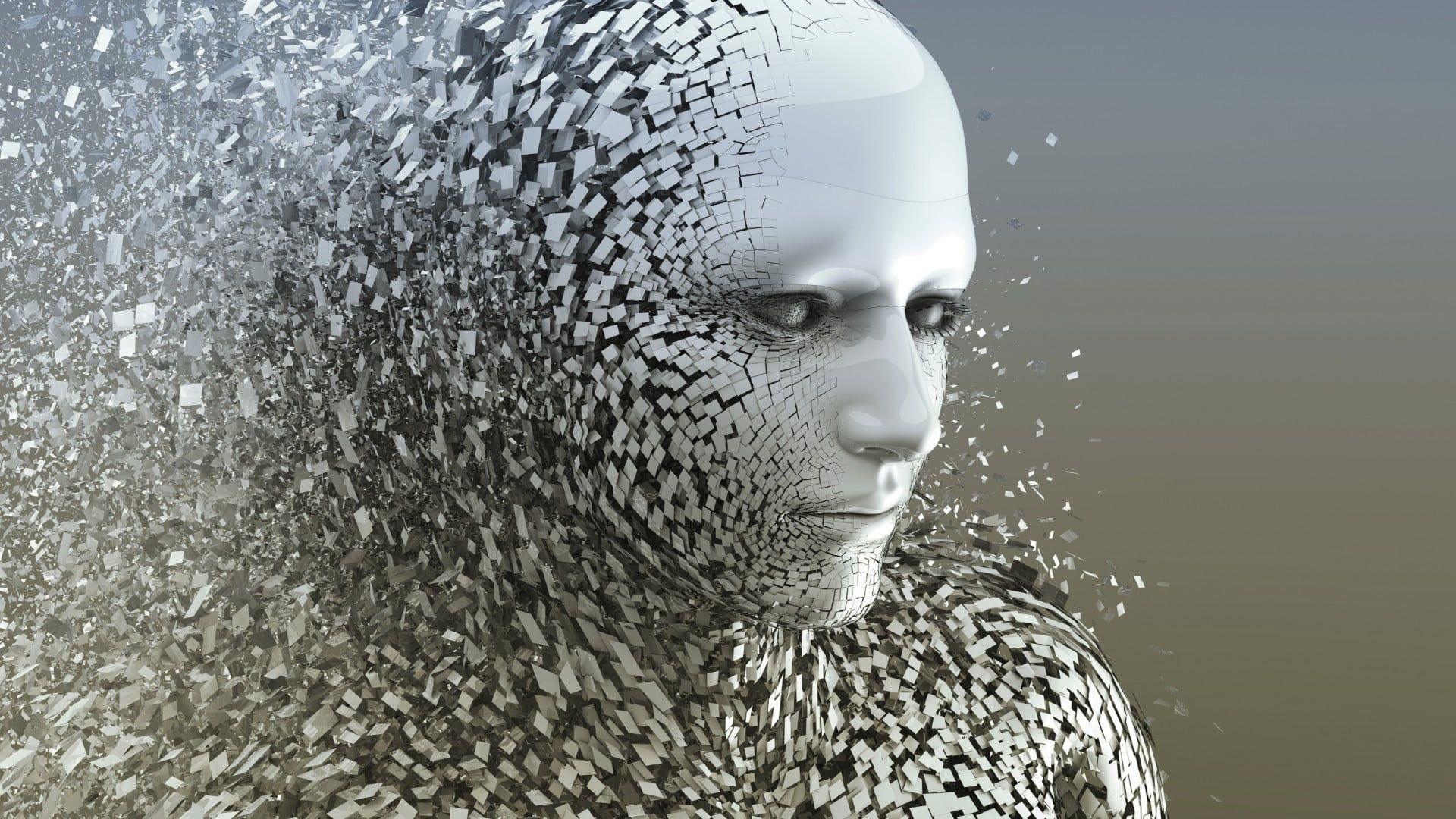The Rise of Smart Machines: Exploring the World of Artificial Intelligence
The Rise of Smart Machines: Exploring the World of Artificial Intelligence
Blog Article

Artificial intelligence, often referred to as AI, has become a prevalent topic in today's world, continually expanding its reach across various industries and aspects of daily life. The advancements in AI technology have brought about rapid changes that have both fascinated and concerned people around the globe. Machines equipped with artificial intelligence have the ability to mimic human intelligence, performing tasks that traditionally required human input with speed and precision.
The rise of smart machines has sparked a new era of possibilities, with AI applications ranging from virtual assistants and self-driving cars to personalized recommendations and medical diagnoses. As AI continues to evolve and integrate into everyday experiences, the insights and challenges it presents have become a focal point of discussions in technology, ethics, and society at large. Articulating the potential and limitations of artificial intelligence is essential in navigating the impact that these intelligent machines have on our collective future.
History of AI
AI has a rich history that dates back to the 1950s, when the concept of machines possessing human-like intelligence first emerged. This period, known as the "golden age of AI," saw significant milestones such as the development of neural networks and the Turing Test by Alan Turing, which aimed to assess a machine's ability to exhibit intelligent behavior indistinguishable from a human.
Ai Search
Following initial enthusiasm, the field of AI experienced a period known as the "AI winter" in the 1970s and 1980s, marked by limited progress and decreased funding. However, breakthroughs such as expert systems and machine learning revived interest in AI in the 1990s. This resurgence laid the foundation for modern AI technologies like natural language processing and computer vision, which have since transformed various industries.
Applications of AI
Now let's delve into some real-world applications of artificial intelligence. AI is revolutionizing various industries, from healthcare to finance. In healthcare, AI is being used to analyze medical images, assist in diagnostics, and even personalize treatment plans for patients.
In the field of finance, AI is playing a crucial role in fraud detection, risk assessment, and algorithmic trading. Financial institutions are leveraging AI algorithms to analyze large datasets and make quicker, more accurate decisions. This has led to improved efficiency and reduced risks in the financial sector.
Another exciting application of AI is in the automotive industry. Self-driving cars are becoming a reality, thanks to advancements in AI technology. Companies like Tesla and Google are at the forefront of developing autonomous vehicles that can navigate roads, interpret traffic signals, and avoid obstacles using AI algorithms.
Future of AI
In the coming years, the advancement of artificial intelligence is poised to transform various aspects of our lives. The integration of AI technologies in industries such as healthcare, finance, and transportation is set to revolutionize how tasks are carried out and decisions are made.
Moreover, the continued development of AI is expected to lead to more personalized and efficient experiences for consumers. From virtual assistants that anticipate our needs to AI-powered recommendations that tailor content to individual preferences, the future holds exciting possibilities for enhancing user interactions with technology.
As AI becomes more sophisticated and pervasive, there will be ongoing discussions and debates surrounding ethics, regulations, and the societal impact of these technologies. Addressing these concerns will be crucial in shaping a future where artificial intelligence is leveraged responsibly for the betterment of society.
Report this page